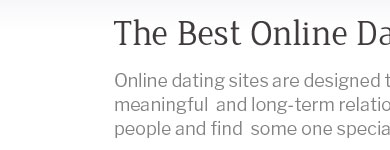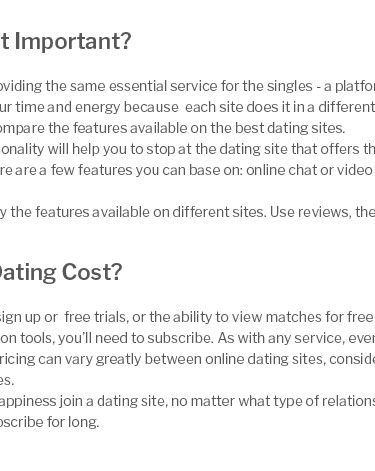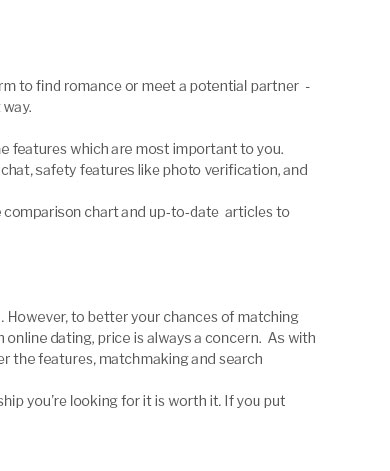 |
 |
|---|
|
|
|
|---|---|
 |
 |
 |
 |
|---|---|
 |
|
 |
|
 |
|
 |
|
 |
|
 |
|
 |
|
 |
|
 |
|
 |
|
 |
|
 |
|
 |
 |
 |
|---|
interracial dating illinois guide and insightsOverview and context across the stateInterracial dating in Illinois reflects a blend of urban diversity and small-town familiarity, where communities, campuses, and workplaces bring people together across cultures and traditions.
Respect is non-negotiable. Getting started: mindset and expectationsClarify intentionsBe honest about what you want-casual dating, long-term commitment, or exploring connections-so potential partners can align with you. Address assumptionsReplace guesses with questions. Invite stories about background, identity, and values rather than relying on stereotypes.
Curiosity + consent = healthy connection. Online dating in IllinoisChoosing platformsLook for apps that let you express identity thoughtfully and filter for shared values. If you prioritize premium reviews and features, browse resources that compare the best paid hookup sites to decide where a paid plan could fit your goals. Profiles that welcome diversitySignal openness without exoticizing. Celebrate shared interests, state clearly what you appreciate in cross-cultural relationships, and avoid checkbox language about race.
Say what you mean-kindly and clearly. Navigating family, culture, and communityConversations that build bridgesIntroduce partners to your world gradually. Offer context about traditions, language, or holidays, and ask what support they want during first meetings. Handling pushback respectfullyPrepare brief, calm statements to redirect bias: name the concern, set a boundary, and invite productive discussion later.
Listen first, respond second. First dates and local etiquettePublic spaces and comfortPick well-lit, welcoming venues where both of you feel at ease. Consider neutral activities-cafes, parks, museums-that encourage conversation. Safety and boundariesShare plans with a friend, meet in public, and trust your instincts. Boundaries protect both people and help trust grow. Some couples explore private communities for shared interests; if that’s you, research options through guides to adult dating sites for couples and choose communities that emphasize consent and privacy. Communication that strengthens connectionEveryday micro-affirmationsCelebrate wins, check in after tough moments, and validate lived experiences. Small gestures compound into trust. Conflict without escalationWhen cultural misunderstandings arise, describe impact (“I felt…”) and propose next steps. Focus on repair, not blame. Repair beats perfection. Legal and practical considerationsKnow your rights regarding discrimination in housing, employment, and public accommodations. Document incidents, save messages, and consult local resources if needed. Your safety and dignity matter. Building supportive networksLook for multicultural meetups, alumni groups, faith communities, and arts collectives. Shared activities make introductions natural and lower pressure.
Common mistakes to avoid
Resources and next stepsKeep learning through memoirs, podcasts, and local organizations. Curate your social feeds to include voices that deepen empathy and challenge bias. Keep learning; keep showing up. Summary and conclusionInterracial dating in Illinois thrives on empathy, clarity, and community. Lead with values, choose welcoming spaces, and invest in communication that honors both partners. With intention and support, differences become strengths. Choose kindness and curiosity. FAQ
|
|---|